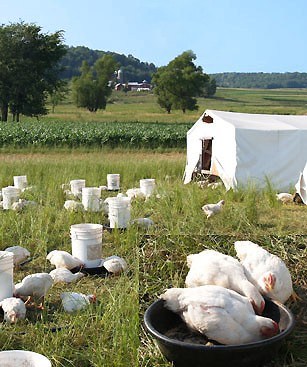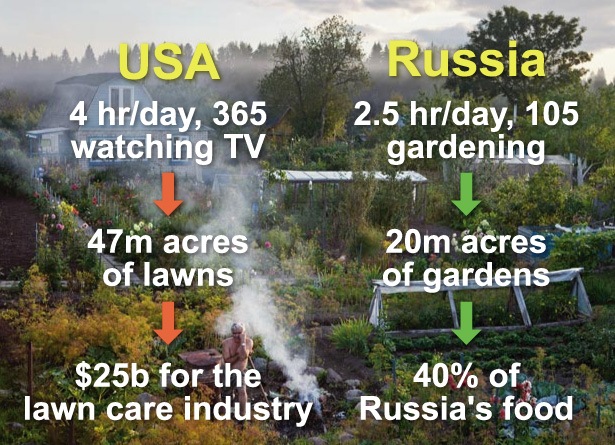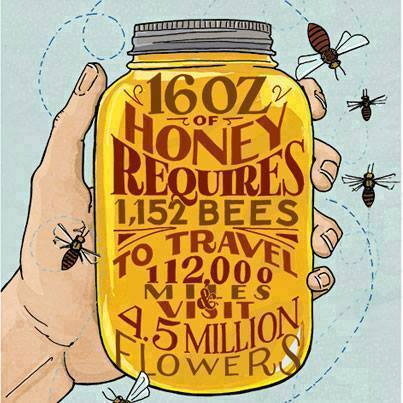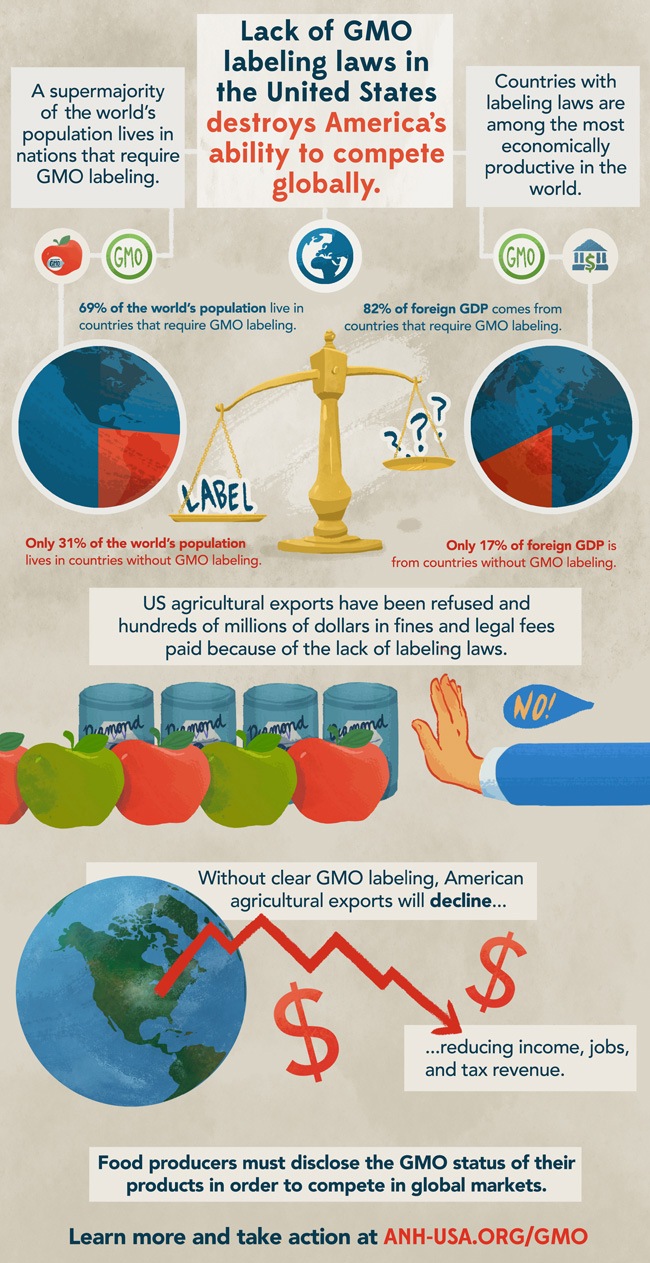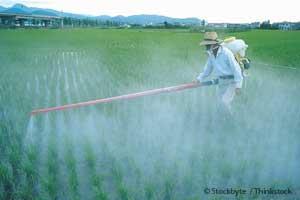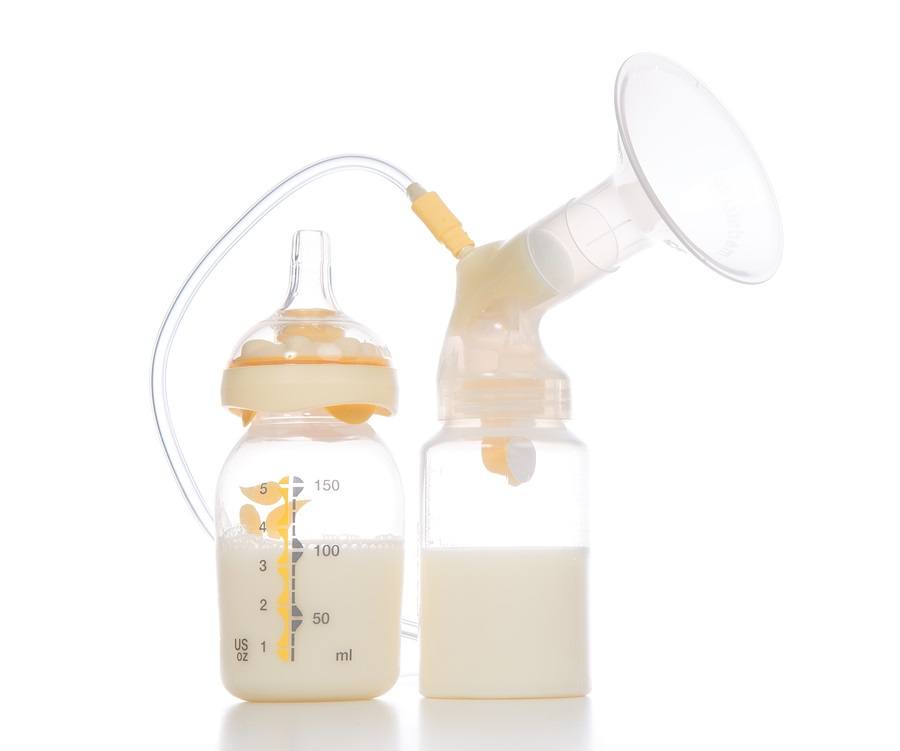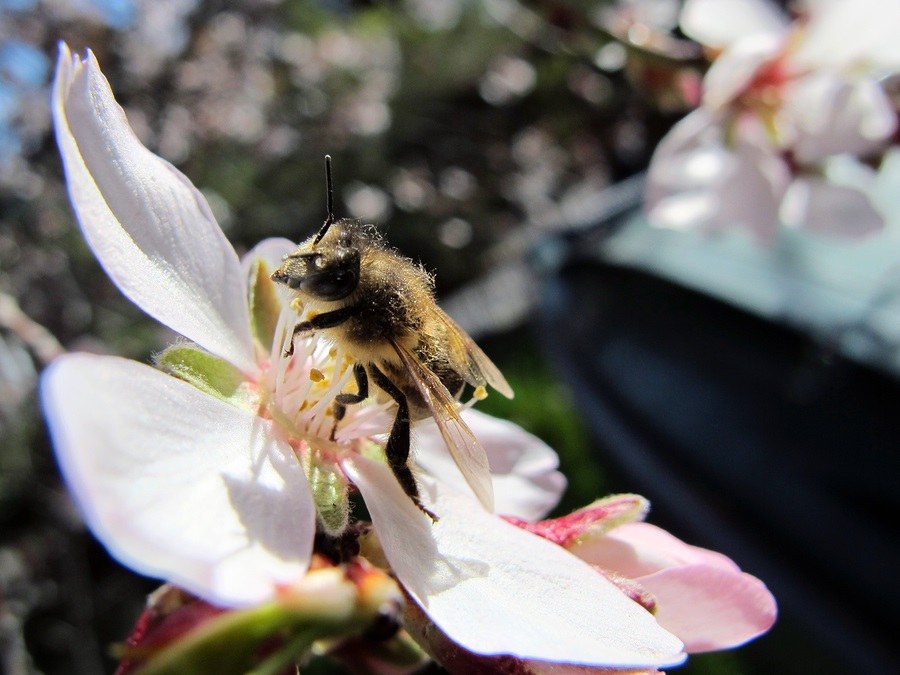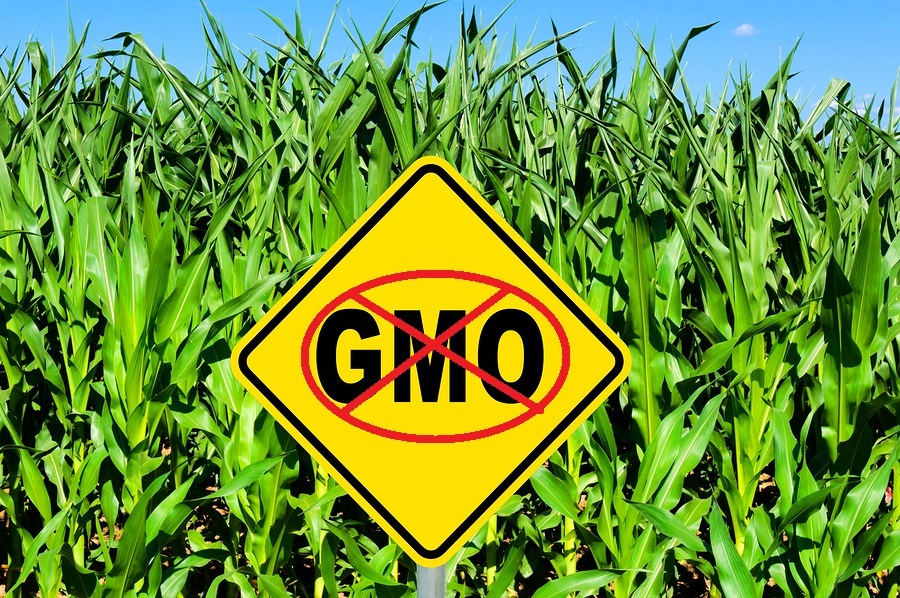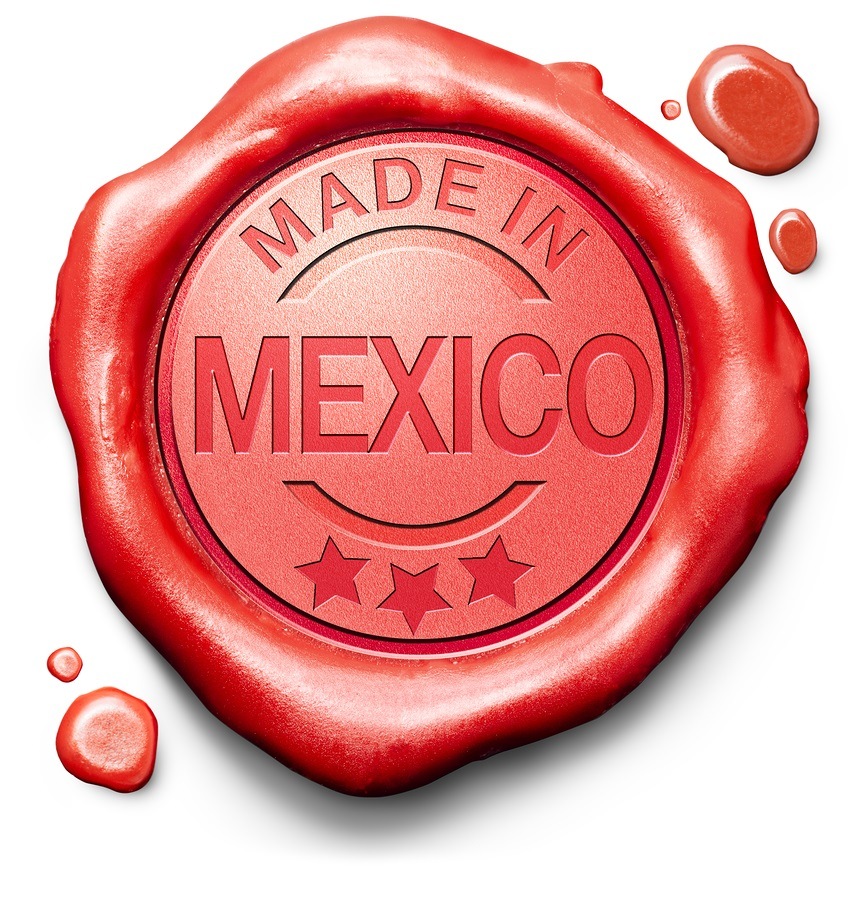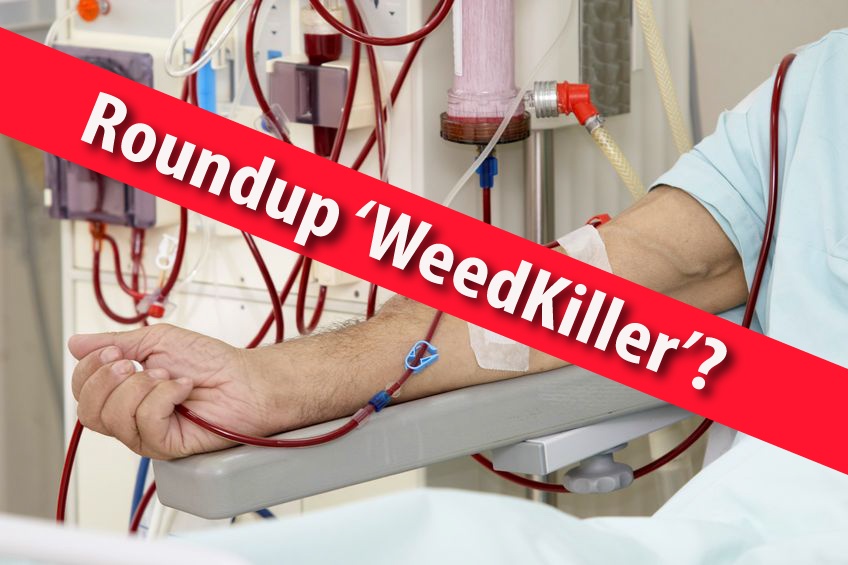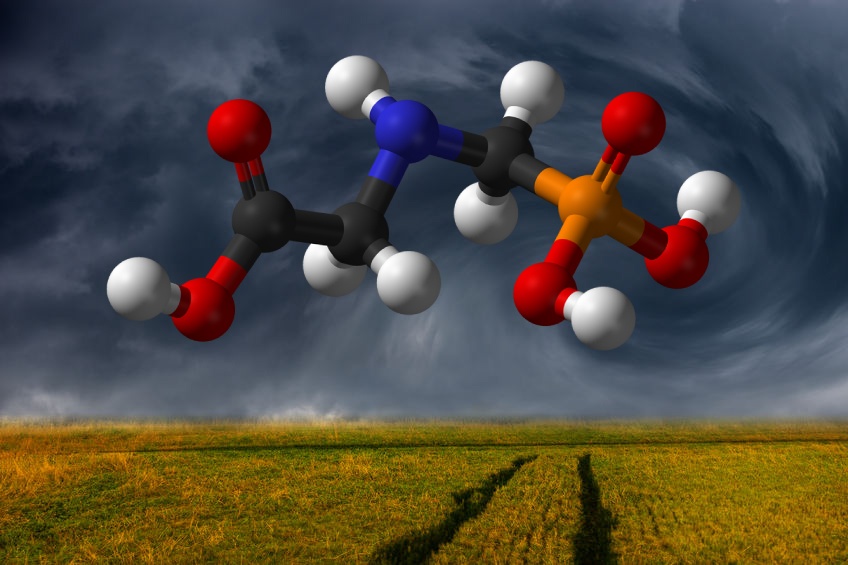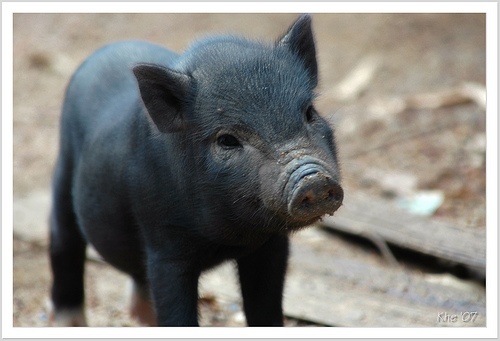News regarding the dangers of GMOs and biotech, and the advantages of organic sustainable agriculture.
How Government and Industry Is Trying to Eliminate Farm-to-Table Operations
The food industry knows it cannot compete with wholesome foods grown by small-scale family farms. Since they cannot compete, the next best thing, from their perspective, is to simply eliminate the competition. By limiting or eliminating your access to alternatives, you have no choice but to become a consumer of large-scale industry food. By purchasing your meat from smaller farms, you’re promoting their proliferation, and the return to saner, healthier ways of eating. In the end, that will benefit everyone in your community, including the animals.
Russian Family Gardens Produce 40% of Russian Food
Earlier this month, Russian Prime Minister Dmitry Medvedev stated that Russia will not import GMO products because Russia has enough space and resources to produce organic food. This was not a political statement of posturing, given the current cool relations between the U.S. and Russia over the Ukraine. As it turns out, Russia's food security is light years ahead of the U.S. As you will read below, a significant portion of the Russian population own "dachas," or seasonal garden homes, where they can grow their own food. At the height of the communist era, it is reported that these dachas produced 90% of the nation's food. Today, with the land now privatized, they still comprise about 40% of the nation's food. Compare that with the United States, where less than 1% of the population controls the food, and small-scale family farms have for the most part been bought out by huge Biotech corporations.
Russia Bans Import of GMO Products – Promotes Organic Food
Russia will not import GMO products, the country’s Prime Minister Dmitry Medvedev said, adding that the nation has enough space and resources to produce organic food. Moscow has no reason to encourage the production of genetically modified products or import them into the country, Medvedev told a congress of deputies from rural settlements on Saturday. “If the Americans like to eat GMO products, let them eat it then. We don’t need to do that; we have enough space and opportunities to produce organic food,” he said.
Study: Roundup Herbicide 125 Times More Toxic Than Regulators Say
A highly concerning new study published in the journal Biomedical Research International reveals that despite the still relatively benign reputation of agrochemicals such as Roundup herbicide, many chemical formulations upon which the modern agricultural system depend are far more toxic than present regulatory tests performed on them reveal. Roundup herbicide, for instance, was found to be 125 times more toxic than its active ingredient glyphosate studied in isolation.
Food Security: Why Congress Should Care About the Beepocalypse
This year, food security is set to suffer another big setback, and the culprit could not be cuter: honeybees. Last winter, America’s beekeeping industry lost nearly half of all its bee colonies. And the numbers keep falling. Last summer, in the largest bee kill on record, more than 50,000 bumblebees were killed in Oregon as a direct result of exposure to an insecticide applied to trees for cosmetic purposes. The killing has gotten so bad that people are calling it a beepocalypse. This is a serious situation. One-third of the food produced in North America depends on pollination by our honeybees. Nearly 100 varieties of fruits depend on honeybee pollination, from almonds (which are California’s third-largest export) to avocados to apples to cranberries. America, then, must act fast if we want to save our bees, our food and our economic productivity.
U.S. GMO Policy Hurting Exports, Costing Jobs, As China Rejects US GMO Corn
Health concerns aside, U.S. GMO policy is damaging the U.S. economy and costing jobs. China just announced they were rejecting U.S. GMO corn in favor of Brazilian corn, draining hundreds of millions of dollars out of the U.S. economy.
Sheriffs Lead Militia to Stand Up for Rancher in Nevada Being Attacked by Federal Agents
As the standoff between Nevada cattle rancher Cliven Bundy and federal agents with the Bureau of Land Management gains national attention, due mainly to the alternative media, constitutional sheriffs from around the U.S., led by Sheriff Richard Mack, are leading a militia force to intervene in Nevada. In what appears to be a full military assault by the federal government on Nevada cattle rancher Cliven Bundy over property rights, the governor of Nevada has publicly condemned the assault on its citizens but has taken no action. Federal agents have reportedly already seized and possibly destroyed some of Bundy's cattle herd. Watch the report below from NextNewsNetwork with interviews from local residents discussing what they believe the real issues are in this heavy-handed government seizure of family farm land:
Cuba’s Urban Farming Revolution: How to Create Self-Sufficient Cities
Havanas’s unique agricultural infrastructure emerged from punishing trade sanctions following the fall of the USSR but today provides an exemplary precedent that could be applied worldwide.
Toxic Combo of Roundup and Fertilizers Blamed for Tens of Thousands of Deaths
The public’s appreciation of the toxicity of glyphosate—the active ingredient in Monsanto’s broad-spectrum herbicide Roundup—is still limited, despite highly damning research being published. The fact that Monsanto marketed Roundup as “environmentally friendly” and “biodegradable” probably has a lot to do with this general lack of insight. Mounting evidence shows glyphosate is FAR more toxic than anyone previously suspected, both alone and in combination with other additives, agricultural chemicals, and/or heavy metals. A pandemic of chronic kidney disease that is striking down farmers in Sri Lanka, India, and Central America's Pacific coastline, has been traced back to Roundup in combination with contaminated fertilizer. As reported by Lanka Business Online: “Chronic kidney disease of unknown etiology (CKDu) first appeared in Sri Lanka’s rice growing areas in the north central province in the 1990s and has been spreading into other areas including the South, with over 20,000 estimated deaths so far.”
World’s Number 1 Weed Killer Discovered in U.S. Mothers’ Breast Milk
In the first ever testing on glyphosate herbicide in the breast milk of American women, Moms Across America and Sustainable Pulse have found ‘high’ levels in 3 out of the 10 samples tested. The shocking results point to glyphosate levels building up in women’s bodies over a period of time, which has until now been refuted by both global regulatory authorities and the biotech industry. The levels found in the breast milk testing of 76 ug/l to 166 ug/l are 760 to 1600 times higher than the European Drinking Water Directive allows for individual pesticides. They are however less than the 700 ug/l maximum contaminant level (MCL) for glyphosate in the U.S., which was decided upon by the U.S. Environmental Protection Agency (EPA) based on the now seemingly false premise that glyphosate was not bio-accumulative. Glyphosate-containing herbicides are the top-selling herbicides in the world and are sold under trademarks such as Monsanto’s ‘Roundup’. Monsanto’s sales of Roundup jumped 73 percent to $371 million in 2013 because of its increasing use on genetically engineered crops (GE Crops).
Are California Almonds Destroying the U.S. Bee Supply?
Big Ag in California needs most of the U.S. bee supply transported to California to pollinate their almond crop, endangering the entire U.S. food system. 80% of the world's almonds come from California's Central Valley. Almonds are the #1 agricultural crop grown in California. It is a $4 billion industry. Big Ag in California needs almost 100% of the nation's bee supply transported to California this year to pollinate their almond crop, endangering the bee supply and the entire U.S. food system. Last year, many bees from northern climates arrived dead, forcing them to try and find bees as far away as Florida. Also, about 30% of the bees that went to California ended up dying according to one supplier. So the question we need to ask, and certainly one the USDA and FDA should be asking, is: Are we willing to risk our entire bee population on the California almond market?
World Bank Destroys Traditional Farming to Support GMO Corporate Land Theft
Smallholder farmers and herders are currently feeding 80 percent of the developing world. Casting them aside in favor of industrial farming corporations from the West betrays the World Bank’s reckless and short term approach to development. The World Bank is facilitating land grabs and sowing poverty by putting the interests of foreign investors (like Bill Gates) before those of locals. The Oakland Institute and /The Rules, along with other NGOs, farmer and consumer organizations from around the world have launched a campaign, Our Land Our Business, to hold the World Bank accountable for its role in the rampant theft of land and resources from some of the world’s poorest people--farmers, pastoralists, and indigenous communities, many of whom are essential food producers for the entire planet.
France Bans Monsanto GMO Corn
France's agriculture ministry has just banned the sale, use and cultivation of Monsanto's MON 810 genetically modified maize, the only variety currently authorised in the European Union. The French government, which maintains that GM crops present environmental risks, has been trying to institute a new ban on GM maize (corn) after its highest court has twice previously struck down similar measures. The decision is timed to avert any sowing of GM maize by farmers before a draft law is debated on April 10 aimed at banning planting of GMOs (genetically modified organisms).
FDA Fails to Protect Against Antibiotic Resistance, Guarantees More Needless Death and Suffering
Antibiotic-resistant bacteria infect two million Americans every year, causing at least 23,000 deaths. Nearly 25 million pounds of antibiotics are administered to US livestock every year for purposes other than treating disease, such as making the animals grow bigger faster. The European Center for Disease Prevention and Control (ECDC) ruled that antibiotic resistance is a major threat to public health worldwide, and the primary cause for this man-made epidemic is the widespread misuse of antibiotics. Denmark stopped the widespread use of antibiotics in their pork industry 14 years ago. The European Union has also banned the routine use of antibiotics in animal feed over concerns of antibiotic-resistant bacteria. What’s standing in the way of curbing antibiotic use in the U.S.? In a word, industry. For instance, the American Pork Industry doesn’t want to curb antibiotic use, as this would mean raising the cost of producing pork by an estimated $5 for every 100 pounds of pork brought to market. The pharmaceutical industry is obviously against it as well.
New Tactic in Stopping GMOs: Sue the GMO Farmer instead of Monsanto
Ever since the introduction of genetically modified crops into the food chain, the tussle has been largely between farmers and Monsanto , which says since 1997 it has filed 145 lawsuits against farmers who've improperly reused its patented seeds, or on average about one lawsuit every three weeks for 16 straight years. In that time frame, the biotech hasn't lost a single case, even when farmers like the organic growers who had their case against Monsanto tossed last year sued for cross-contamination of their crops. DuPont , the world's second-largest seed producer behind Monsanto, is similarly seeking to police the use of its seeds by hiring retired police officers to ferret out farmers allegedly improperly using its patented seeds. Defeating the well-financed GMO behemoth has been a losing battle, but that may be about to change. In 2010, a western Australia organic farmer, Steve Marsh, found that his harvest had been contaminated by his neighbor's genetically modified canola/rapeseed crops planted with Monsanto Roundup Ready seed. Marsh subsequently had 70% of his farm's organic status for produce stripped from him causing severe financial harm, some $85,000 in earnings. In a first of its kind lawsuit, Marsh is suing his neighbor for the loss resulting from the seeds blowing onto his oat and wheat crop, contaminating them.
Mexico Bans GM Soy in Campeche Region
Another court in Mexico has ruled against GMO crops. A ban against genetically modified soybeans in the Campeche region of Mexico was upheld last week by the Second District Court. This follows the decision by two other judges in Mexico last year (2013) to keep in place bans on GM corn. Could "Made in Mexico" become the new quality standard in organic agriculture for the future? Less than 1% of the population in the United States is involved in agriculture today, where it is dominated by biotech firms heading more and more to GMO seeds, supported by the U.S. government. Mexico, by contrast, still has over 13% of its population in agriculture, and much of that is still small-scale traditional farming. This is a smaller amount post NAFTA (North American Free Trade Agreement), which opened the door for cheap subsidized crops from the U.S. to be imported to Mexico, putting many farmers out of work who could not compete with these cheap subsidized commodity crops from the U.S. If judges in Mexico continue ruling against biotech companies and their GMO products, Mexico could become a major exporter to the U.S. of high-quality non-GMO organic products. Almost all of the corn supply in the U.S., for example, has been contaminated by GM corn (even certified organic corn), while hundreds of heirloom varieties still exist in Mexico.
Dramatic Increase in Kidney Disease in the US and Abroad Linked To Roundup (Glyphosate) ‘Weedkiller’
Evidence now exists showing the herbicide Roundup (glyphosate) is responsible for an epidemic of kidney-related deaths in a rural farming region of Northern Sri Lanka, as well as other rural regions around the world, including Costa Rica and Nicaragua. The Center for Public Integrity released a report titled, "Sri Lanka bans Monsanto herbicide citing potential link to deadly kidney disease," citing Sri Lankan President Mahinda Rajapaksa's March 13th decision to impose an outright ban on glyphosate. This decision follows a decision by the legislature in El Salvador in 2013 to approve a ban on glyphosate. A series of graphs based on data from the USDA, National Cancer Institutes, Centers for Disease Control, have recently surfaced, depicting a steep rise in the rates of kidney disease in the US from the time of the introduction of glyphosate and GM food, reveals that the US may also be suffering from an epidemic of glyphosate-linked kidney damage.
Roundup Weedkiller Found In 75% of Air and Rain Samples, Gov. Study Finds
A study from the U.S. Geological Survey, in the journal Enviromental Toxicology and Chemistry, titled, "Pesticides in Mississippi air and rain: A comparison between 1995 and 2007," reveals that Roundup herbicide (aka glyphosate) and its still-toxic degradation byproduct AMPA were found in over 75% of the air and rain samples tested from Mississippi in 2007. Findings like these reveal just how illusory is the perception of choice and health freedom when it comes to the GM/non-GMO debate, and the consumer's right to avoid harm from GMOs by refusing to buy or consume them. The reality is that the environment is becoming so saturated with the 'fall out' from the ever-expanding GM agricultural/agrichemical farming grid that even if you somehow find a way to avoid eating contaminated food, you will be forced to have to deal with its adverse health effects, as long as you need air to breath and water to drink.
Common Weedkiller Used in Modern Agriculture Could be Main Factor in Gluten Intolerance
Glyphosate, the active ingredient in Roundup, which is the most popular herbicide used worldwide, is shown by recent research to be linked to poor gut flora and poor digestion, suggesting that gluten and other proteins from plants sources may not be the main culprit in gluten sensitivities suffered by millions of people today. Dr. Stephanie Seneff was one of the first to link statin drug use and artificially lowering cholesterol levels with Alzheimer's Disease back in 2011. She is a controversial scientist with three degrees from MIT who is not constrained by Big Pharma funding. In her most recent research published in a peer-reviewed journal along with Anthony Samsel, she looks at the role of glyphosate, the active ingredient in Roundup, which is the most popular herbicide used worldwide, and its toxic effect in destroying our digestive system. It is linked to inflammatory bowel disease, obesity, depression, ADHD, autism, Alzheimer’s disease, Parkinson’s disease, ALS, multiple sclerosis, cancer, cachexia, infertility, and developmental malformations.
Government Abandons Attacks Against Michigan Family Farm Due to Public Pressure
In a stunning reversal of events, Jill Baker is reporting that the Michigan DNR has suddenly declared that all their pigs are "legal," and that they are now free to resume their heritage hog operation after two years of persecution by government officials in Michigan. The Michigan DNR put many small-scale family farms out of business in 2012 by ruling their heritage pigs as "feral" and illegal, by adopting a new definition of "feral." This new definition of “feral swine” adopted by the DNR in 2012 came directly from the commercial pork industry, which raises all commercial pork indoors in confinement. Most farms complied and killed off their herds, rather than face criminal prosecution. Mark Baker and Bakers Green Acres family farm resisted and fought a long costly legal battle for two years, while losing their hog business as the USDA refused to process their pigs.




